-
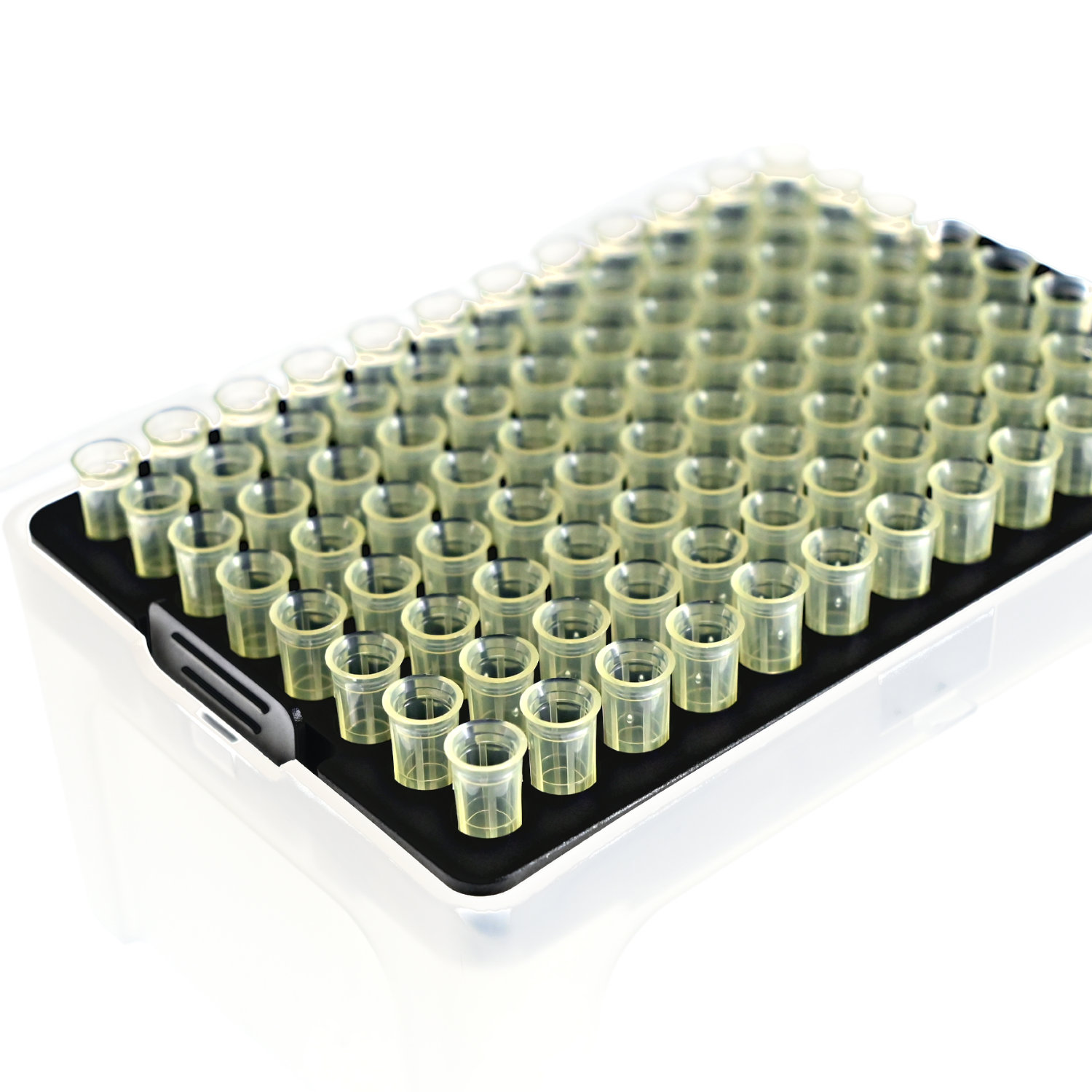
How to refill pipette tips?
When it comes to scientific research, one of the most important tools is the pipette. To ensure the best results, it is essential to have high-quality pipette tips. In this article, we will provide information on how to refill pipette tips and introduce the universal pipette tips from Suzhou Ace ...Read more -
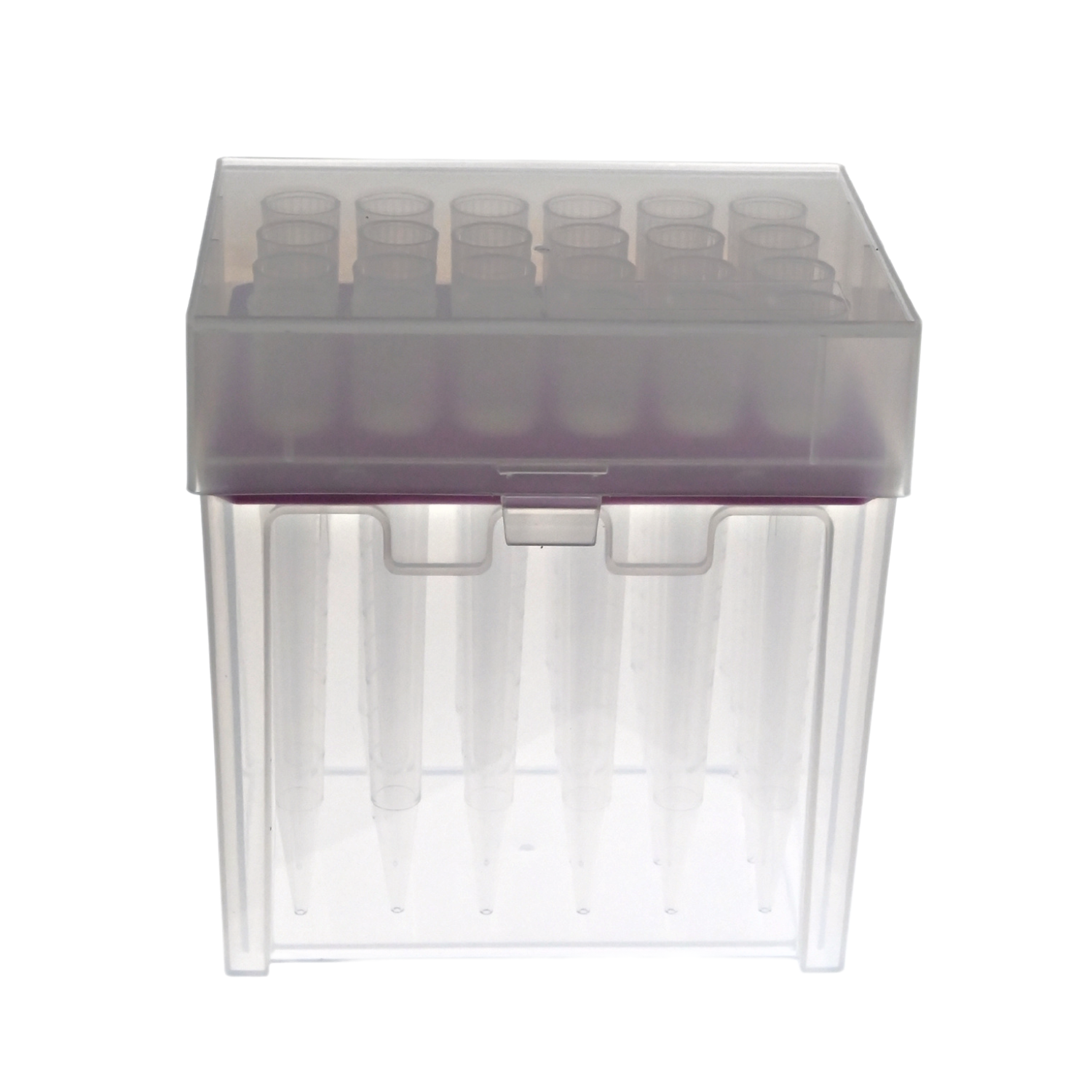
new products: 5mL Universal Pipette Tips
Suzhou Ace Biomedical Technology Co., Ltd. recently launched a new series of products – 5mL universal pipette tips. These new products come with various features that make them stand out in the market. One of the distinguishing features of these flexible 5mL pipette tips is their moderate s...Read more -
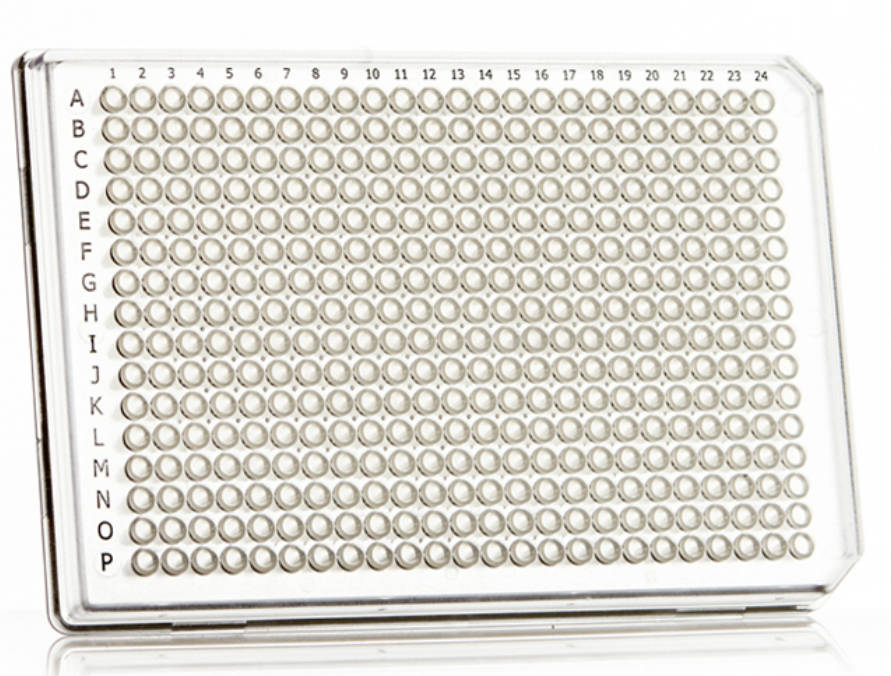
Why choose our PCR consumables for your laboratory
Polymerase chain reaction (PCR) technology is an important tool for many life science research applications, including genotyping, disease diagnosis, and gene expression analysis. PCR requires specialized consumables to ensure successful results, and high-quality PCR plates are one such critical ...Read more -
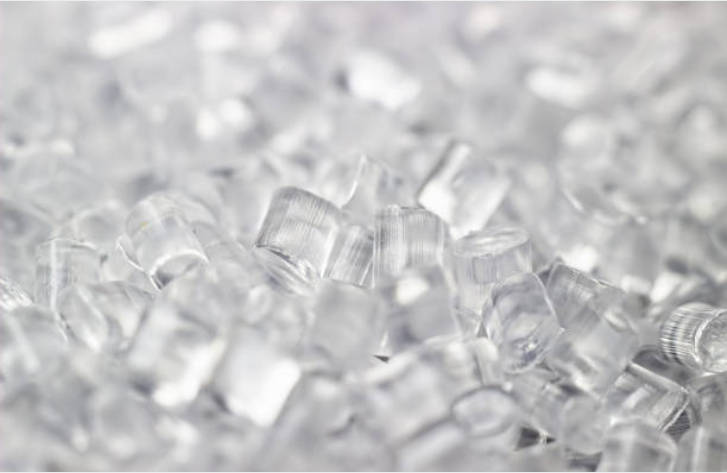
Material is the most important in pipette tip’s performance
In laboratory work, the use of high-quality products is the key to obtaining accurate results. In the field of pipetting, pipette tips are an essential part of a successful experiment. Material is the most important factor affecting pipette tip performance, and choosing the right tip can make all...Read more -
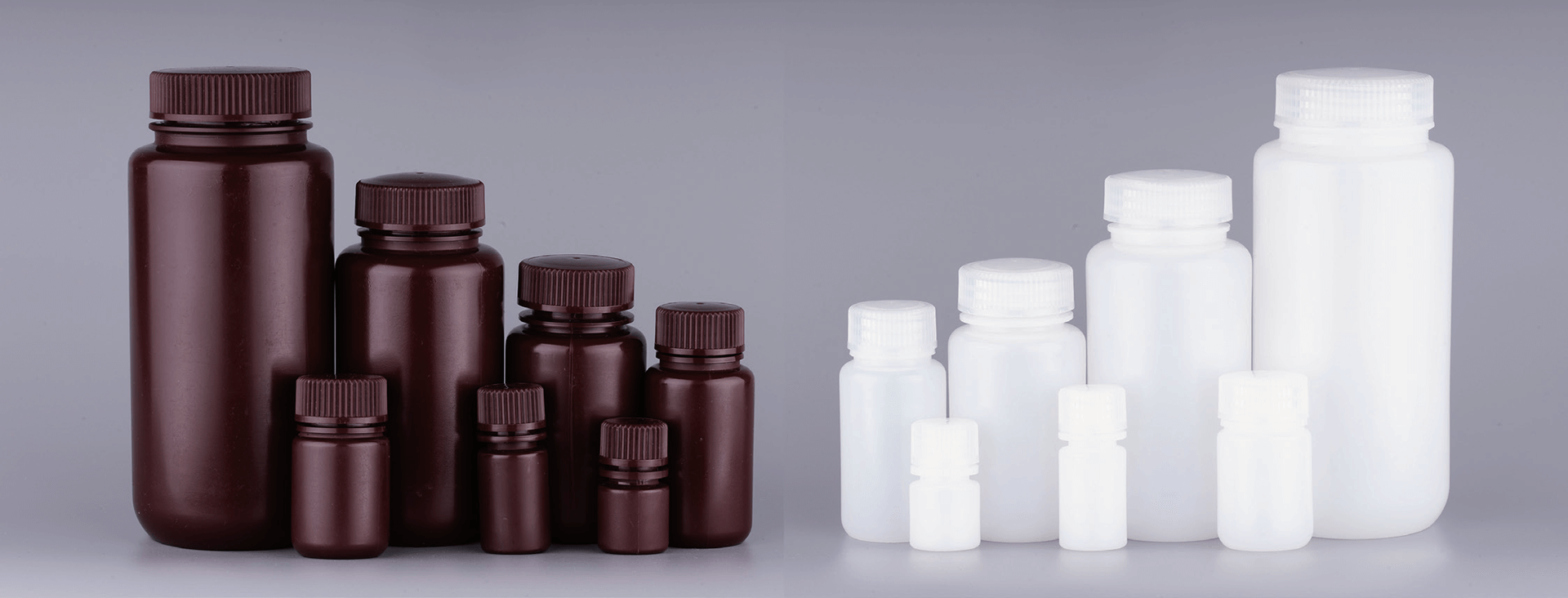
Suzhou Ace Biomedical’s High quality Plastic Reagent Bottles
Suzhou Ace Biomedical Technology Co., Ltd. is a leading manufacturer of high-quality plastic reagent bottles. Our products are known for their superior quality, durability and leak-proof design. We have a wide range of plastic reagent bottles to meet the diverse needs of customers. Our plastic re...Read more -
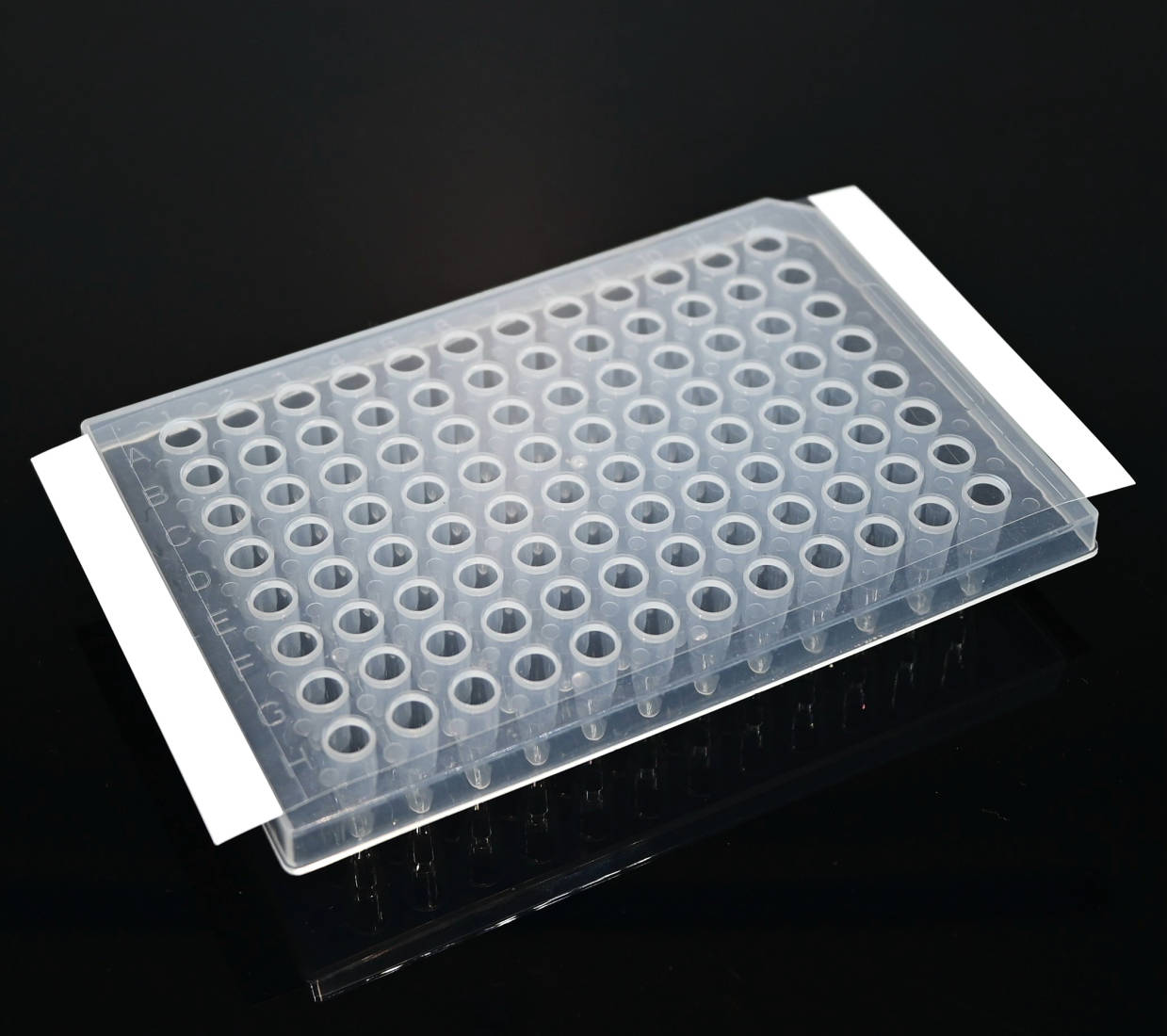
how to choose suitable sealing film for your PCR and nucleic acid extraction
PCR (polymerase chain reaction) is one of the fundamental techniques in the field of molecular biology and is widely used for nucleic acid extraction, qPCR and many other applications. The popularity of this technique has led to the development of various PCR sealing membranes, which are used to ...Read more -
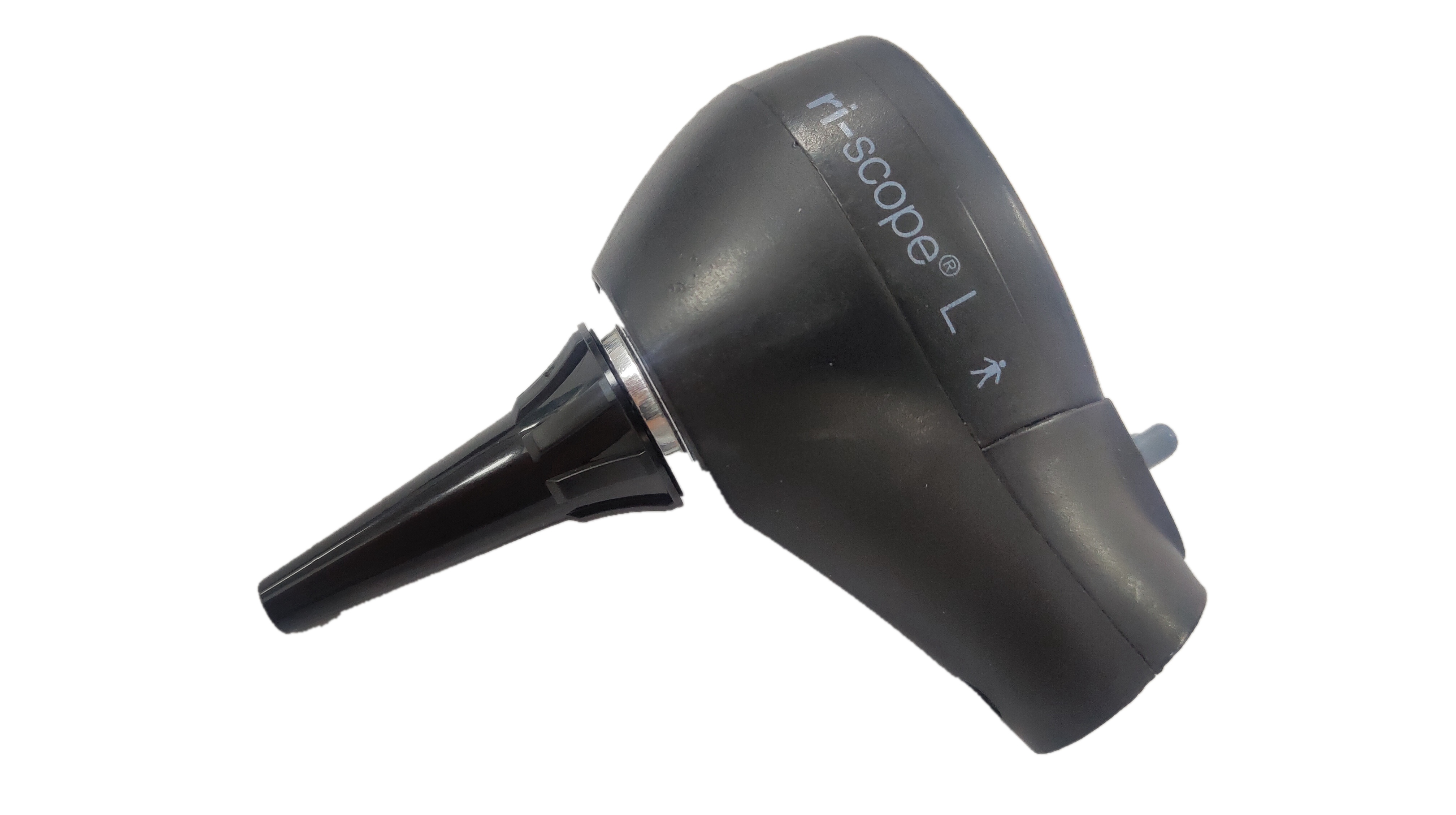
Ear otoscope specula’s application
An otoscope speculum is a common medical instrument used to examine the ear and nose. They come in all shapes and sizes and are often disposable, making them an especially hygienic alternative to non-disposable speculums. They are an essential component for any clinician or physician performing e...Read more -
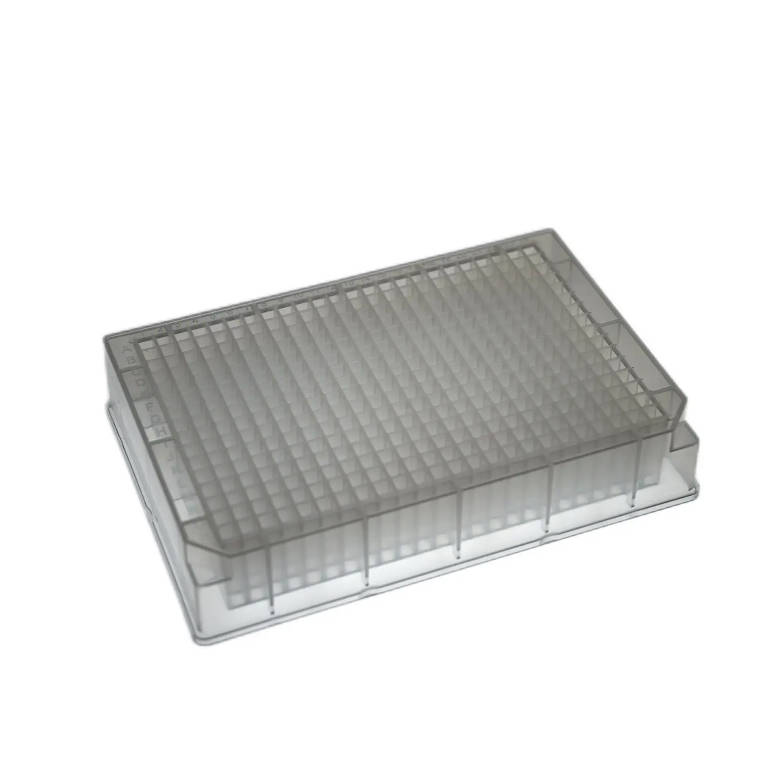
New products:120ul and 240ul 384 well palte
Suzhou Ace Biomedical Technology Co., Ltd., one of the leading manufacturers of laboratory supplies, has launched two new products, 120ul and 240ul 384-well plates. These well plates are designed to meet the increasing demands of modern research and diagnostic applications. Ideal for a variety o...Read more -
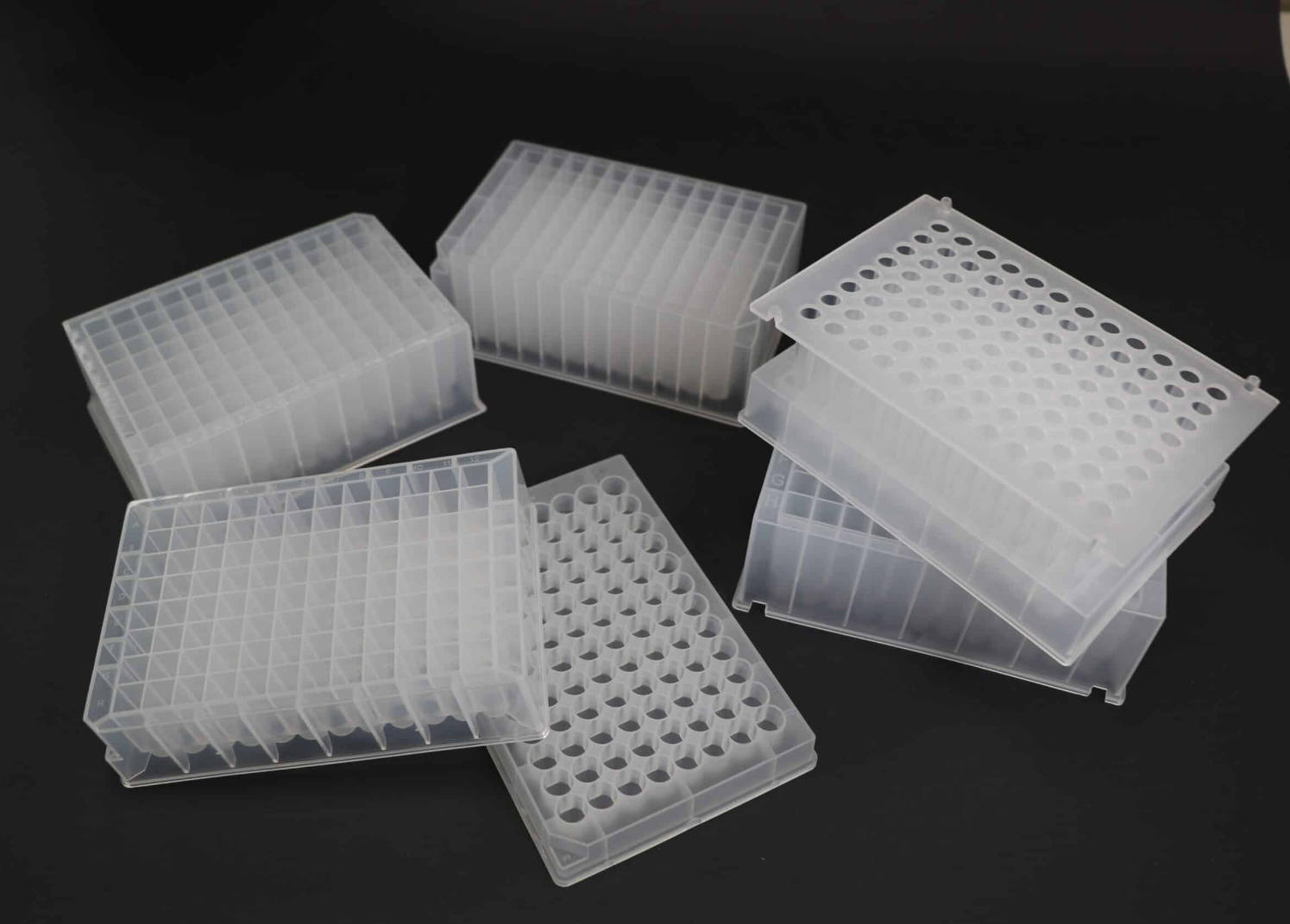
Why choose our deep well plates?
Deep well plates are commonly used in a variety of laboratory applications such as sample storage, compound screening, and cell culture. However, not all deep well plates are created equal. Here’s why you should choose our deep well plates (Suzhou Ace Biomedical Technology Co.,Ltd): 1. Hig...Read more -
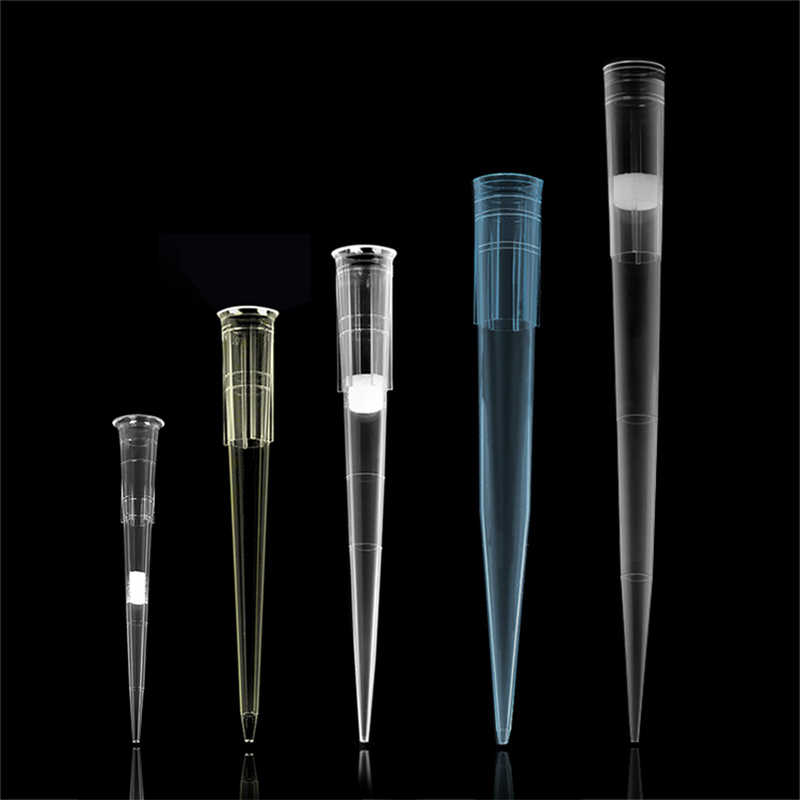
FAQ: Suzhou Ace Biomedical Universal Pipette Tips
1. What are Universal Pipette Tips? Universal Pipette Tips are disposable plastic accessories for pipettes that transfer liquids with high precision and accuracy. They are called “universal” because they can be used with different makes and types of pipettes, making them a versatile a...Read more

